No products in the cart.
Join Our WhatsApp Community and Enjoy Exclusive Benefits!
Click Here
Join Our WhatsApp Community and Enjoy Exclusive Benefits!
Click Here
Join Our WhatsApp Community and Enjoy Exclusive Benefits!
Click Here
Meringue La Maison – Delicious Meringue-Cookie Selection By Raihoney Raihan Enterprise - MY Delivery
£4.00
9 people are viewing this product right now
We are offering 3 flavours of meringue cookies which is coffee, chocolate and strawberry. Light, airy and crispy, each meringue is complemented with a cookie at the base to balance the sweetness.
Flavours : Coffee Meringue **** Chocolate Meringue *** Strawberry Meringue

Traditionally made from whipped egg whites and sugar, and occasionally an acidic ingredient such as lemon, vinegar, or cream of tartar. A binding agent such as salt, flour, or gelatin may also be added to the eggs. The key to the formation of a good meringue is the formation of stiff peaks by denaturing the protein ovalbumin (a protein in the egg whites) via mechanical shear. Meringues are often flavoured with vanilla, a small amount of apple juice, or orange juice, although if extracts of these are used and are based on an oil infusion, an excess of fat from the oil may inhibit the egg whites from forming a foam.
They are light, airy and sweet confections. Homemade meringues are often chewy and soft with a crisp exterior, while many commercial meringues are crisp throughout. A uniform crisp texture may be achieved at home by baking at a low temperature (80–90 °C or 176–194 °F) for an extended period of up to two hours.
THREE TYPE OF MERINGUE
Italian meringue
The most stable of all the meringues, this is made with a sugar syrup that has been heated to the soft-ball stage (236°F to 240°F). The hot sugar syrup is gradually beaten into the egg whites after soft peaks have formed and then whipped to firm glossy peaks. Its stability and smooth texture make it great for egg white buttercreams and mousses.
French meringue
This uncooked meringue is the one most people are familiar with. The sugar is gradually beaten into the egg whites once they have reached soft peaks, and then the mixture is whipped to firm peaks. (It’s best to use superfine or a mixture of superfine and confectioners’ sugar for this, because they dissolve quickly.) This type of meringue is the least stable but also the lightest, which makes it perfect for soufflés.

Swiss Meringue
Swiss meringue
Firm and slightly denser than the others, a Swiss meringue is made by stirring sugar and egg whites together over a pot of simmering water until they are very warm to the touch before whipping them . The early addition of the sugar prevents the egg whites from increasing as much in volume as they do in the other meringues, but adds to its fine texture. Swiss meringue is particularly good for baking crisp meringue cake layers and for topping pies.
| Weight | 0.2 kg |
|---|---|
| Flavours I Want |
Be the first to review “Meringue La Maison – Delicious Meringue-Cookie Selection By Raihoney Raihan Enterprise - MY Delivery” Cancel reply
This site uses Akismet to reduce spam. Learn how your comment data is processed.
No product has been found!
Related products
People also bought
Our Services

Authentic Malaysian Products
Select from over 700 Halal & Muslim Malaysian Products.
Secure Payment
Safe & Secure Payment
Support 24/7
Whatsapp 24 Hours Day
SPECIAL PRODUCT
Smoked Beef in Spicy Turmeric Curry (180gm) By Lambaian Rizqi Resources - UK Delivery
Rated 0 out of 5
0 Days
0 Hours
0 Minutes
0 Seconds





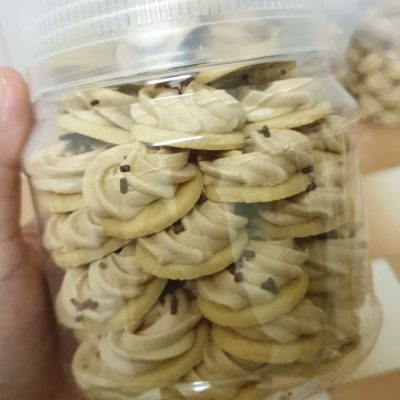
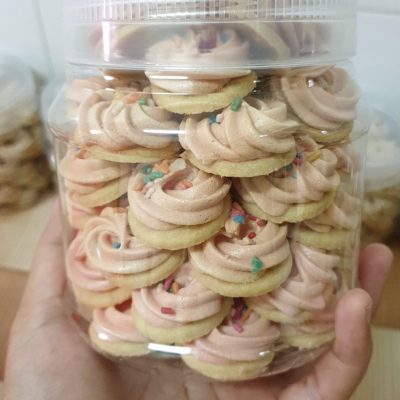







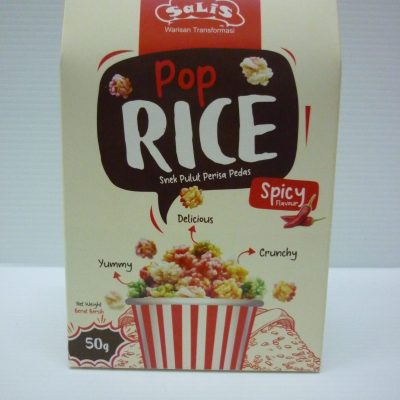


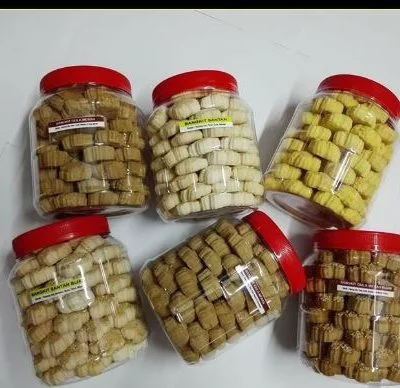
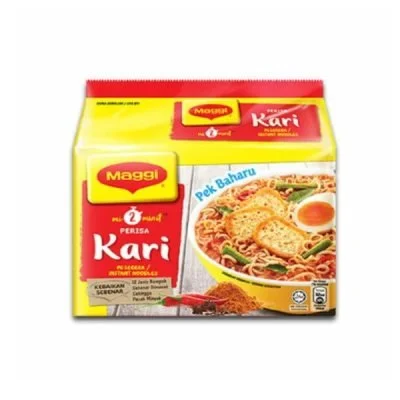



Reviews
There are no reviews yet.